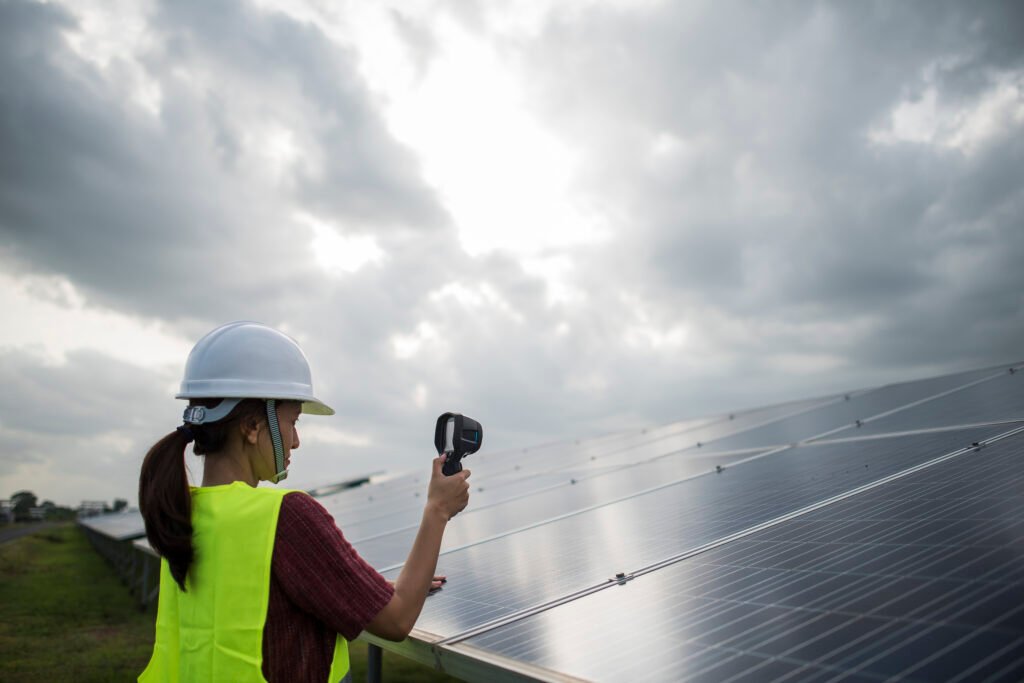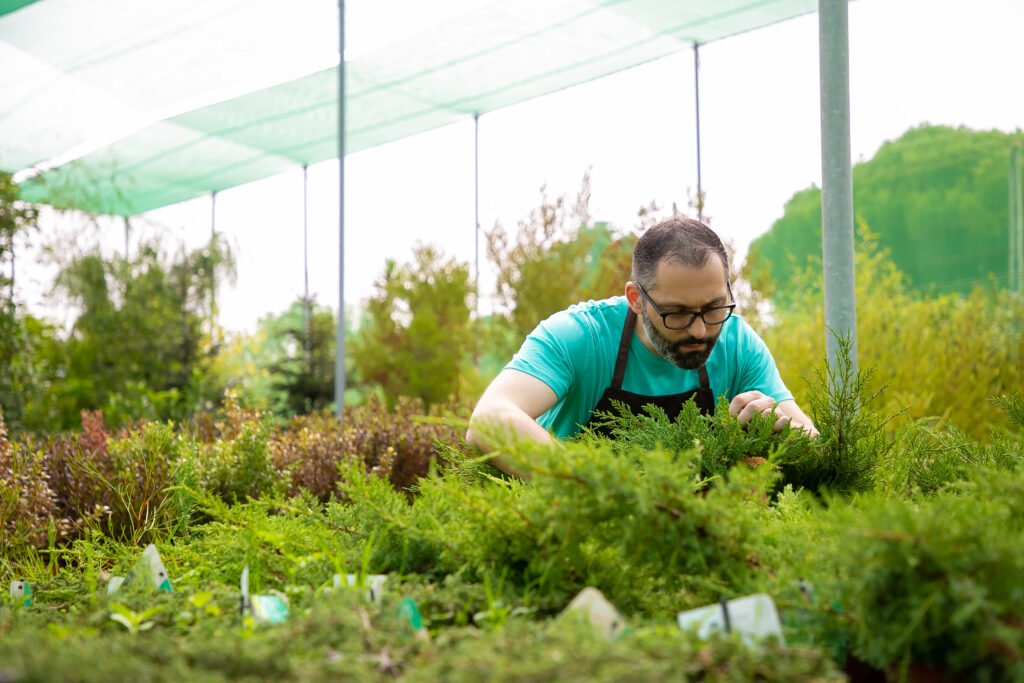Case Studies on Climate Mitigation Projects


Large-Scale Reforestation
Large-scale reforestation is the process of planting trees over vast areas to restore forests, combat climate change, and improve biodiversity. It helps absorb carbon dioxide, prevent soil erosion, and support wildlife. Governments, organizations, and communities often undertake these projects to reverse deforestation and promote a healthier environment.
- Conduct carbon footprint assessments to pinpoint key emission sources.
- Develop actionable strategies to achieve net-zero emissions.
- Implement initiatives for emission reduction and establish carbon offset programs.
- Key Actions Taken:
- ✅ Planted millions of trees across deforested areas.
- ✅ Partnered with local communities for sustainable land management.
- ✅ Implemented monitoring systems to prevent illegal logging and deforestation.
- Impact:
- Sequestered significant amounts of CO₂ annually.
- Restored biodiversity by reintroducing native plant species.
- Improved local livelihoods through sustainable forest products and agroforestry.
Solar Energy Transition
This project replaces fossil fuel-based energy sources with solar power to reduce emissions and expand clean energy access. The initiative supports off-grid solar solutions, providing sustainable energy for households, schools, and agricultural activities.
- Key Actions Taken:
- ✅ Installed solar microgrids to power communities and businesses.
- ✅ Provided financial support to make solar adoption affordable.
- ✅ Introduced solar-powered irrigation systems to enhance agricultural productivity.
- Impact:
- Avoided hundreds of thousands of tons of CO₂ emissions annually.
- Provided clean electricity to thousands of households, improving education and healthcare access.
- Increased agricultural yields by ensuring reliable irrigation.




Sustainable Agriculture
This initiative promotes climate-smart agricultural practices to enhance soil health, reduce emissions, and increase resilience to climate change. By integrating agroforestry and regenerative farming, the project supports sustainable food production while mitigating environmental impact.
- Key Actions Taken:
- ✅ Introduced drought-resistant crops and soil-enhancing techniques.
- ✅ Promoted agroforestry to improve carbon storage and biodiversity.
- ✅ Implemented biochar technology to increase soil fertility and capture carbon.
- Impact:
- Reduced significant amounts of CO₂ annually through improved land management.
- Increased farmer incomes by enhancing productivity and diversification.
- Strengthened water retention in soils, reducing the need for irrigation.
Waste to Energy Initiative
This project transforms waste into renewable energy, reducing landfill emissions and supporting a circular economy. Advanced waste management systems convert organic waste into biogas, powering homes and industries while minimizing environmental impact.
- Key Actions Taken:
- ✅ Developed a waste-to-energy facility to process municipal waste efficiently.
- ✅ Implemented waste segregation and recycling programs.
- ✅ Integrated waste-derived energy into local heating and power grids.
- Impact:
- Reduced dependence on fossil fuels by generating clean energy.
- Diverted a significant percentage of waste from landfills, cutting methane emissions.
- Provided sustainable heating and electricity for communities.




Carbon Credit & Conservation Project
This initiative focuses on restoring and preserving critical ecosystems to act as natural carbon sinks. By rehabilitating degraded land and implementing a carbon credit system, the project enables organizations to offset emissions while promoting biodiversity conservation.
- Key Actions Taken:
- ✅ Restored large-scale ecosystems to enhance carbon sequestration.
- ✅ Created a carbon offset program to support global climate goals.
- ✅ Engaged local communities in sustainable land-use practices.
- Impact:
- Prevented millions of tons of CO₂ emissions annually.
- Created sustainable economic opportunities for local communities.
- Protected critical biodiversity, supporting long-term ecological balance.
This project replaces fossil fuel-based energy sources with solar power to reduce emissions and expand clean energy access. The initiative supports off-grid solar solutions, providing sustainable energy for households, schools, and agricultural activities.

